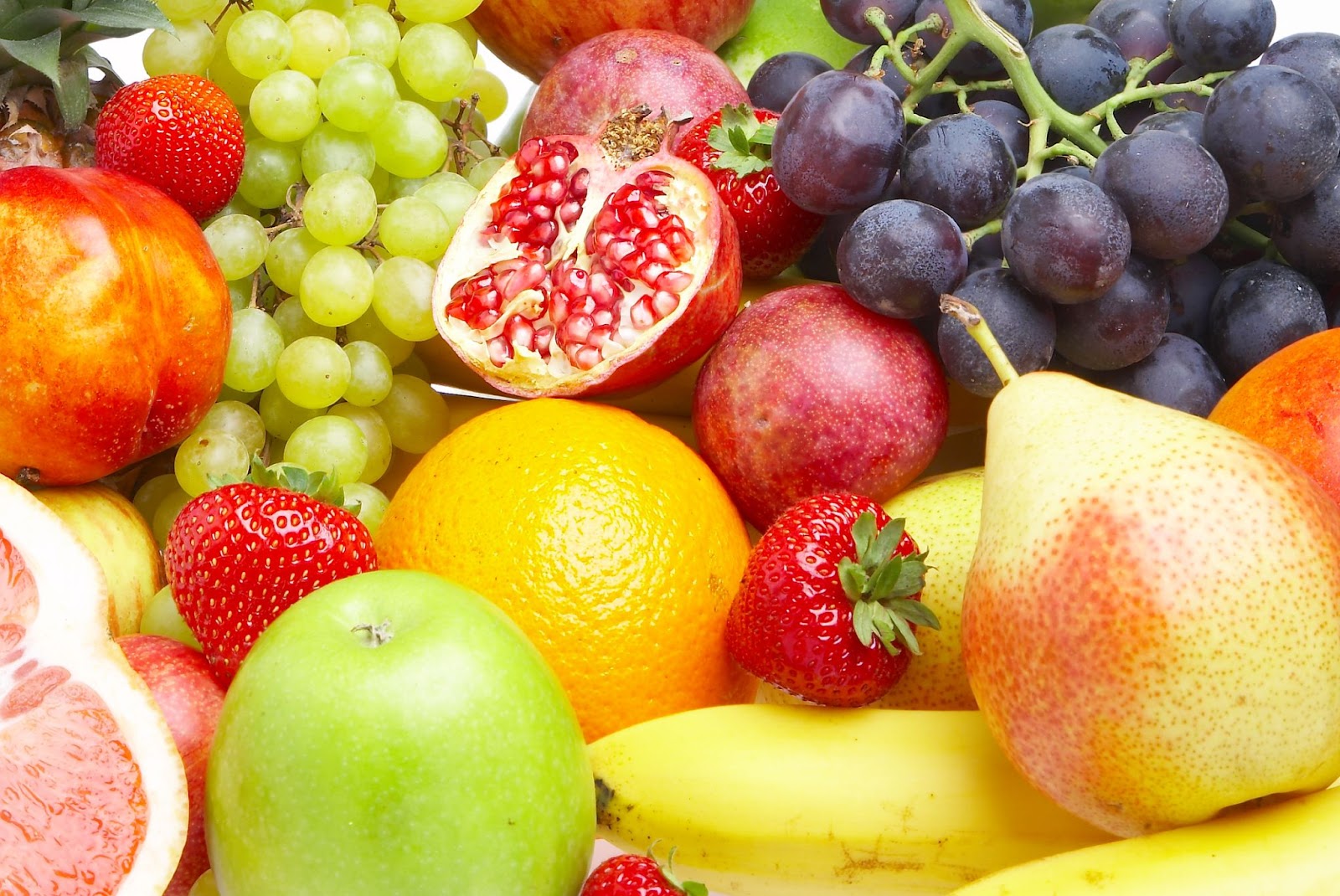
Yet its demonized all the time as being “terrible” for us
Unsubscribe | Report as spam | Change email preferences
This macronutrient naturally helps with leaky gut
A leaky gut, known as intestinal permeability, happens when gaps occur between cells lining the intestinal wall.
This allows food particles and bacteria to enter the rest of the body, triggering allergies and inflammation.
It’s a much bigger problem than it might at first seem.
Leaky causes:
- Obesity
- Diabetes
- Food sensitivities
- Allergies
- Autoimmune disease
- Irritable bowel syndrome
- Malnutrition
- Depression and anxiety
- Fatigue
- Low testosterone
- Other hormonal imbalances
- Depressed immunity
- Skin conditions
Stress triggers a leaky gut, but what you eat can protect the gut from stressors.
The human research was carried out at Monash University in Australia. This paper was published in Applied Physiology, Nutrition, and Metabolism.
The authors of this study looked at the effect of heat stress on the leaky gut – and bacterial poisoning and inflammation as downstream effects.
“Exertional heat stress disturbs the integrity of the gastrointestinal tract leading to endotoxemia and cytokinaemia, which have symptomatic and health implications.”
They compared the effects of carbohydrate consumption against protein and water on the gut barrier during stress.
“This study aimed to determine the effects of carbohydrate and protein intake during exertional heat stress on gastrointestinal integrity, symptoms, and systemic responses.”
Stress was induced by long-distance running in a high-temperature environment.
Note that physical, psychological, or dietary stress can trigger similar symptoms and cause leaky gut.
“Eleven endurance runners completed 2 h of running at 60% maximal oxygen uptake in 35 °C ambient temperature on 3 occasions in randomized order.”
The participants completed the run on 3 different occasions.
On one occasion, they sipped water.
On another occasion, they consumed a half oz of sugar every 20 minutes.
On the final run, they took whey protein instead of sugar.
“They consumed either water, 15 g glucose, or energy-matched whey protein hydrolysate before and every 20 min during exertional heat stress.”
Both sugar and whey protein were superior to water in protecting the gut barrier.
“Compared with water, glucose, and whey protein hydrolysate ameliorated exertional heat stress associated intestinal epithelial injury and small intestine permeability.”
There was a degree of bacterial poisoning (endotoxemia) in all participants after all of the trials.
You cannot completely alleviate the detrimental effects of extreme stress.
“Endotoxemia was observed post-exertional heat stress in all trials.”
The researchers looked at anti-endotoxin antibodies.
These are proteins produced by the immune system in response to bacteria that have leaked from the gut.
They believe that higher anti-endotoxin antibodies indicate that the body is dealing more rapidly with the bacteria that have entered the system.
Anti-endotoxin antibodies were elevated only in those who consumed sugar during stress.
The fact that the stress hormone cortisol was lower also points towards an antistress effect of sugar.
“Post-exertional heat stress anti-endotoxin antibodies were higher and cortisol and interleukin-6 lower on glucose than water only.”
Interleukin-6 is an inflammatory protein – it is protective to some degree, but higher levels of interleukin-6 indicate elevated inflammation.
Sugar decreases the inflammatory effect of stress.
Finally, the researchers looked at the gastrointestinal symptoms reported by the runners
Protein increased GI symptoms..
Only sugar was associated with decreased gastrointestinal symptoms.
“Total and upper gastrointestinal symptoms were greater on whey protein hydrolysate, compared with glucose and water, in response to exertional heat stress.”
While protein consumption has some benefits during stressful times, sugar has far more benefits for the gut and the organism.
“Carbohydrates and protein ameliorate intestinal injury and permeability. Carbohydrates also support endotoxin clearance and reduce stress markers.”
So, should you consume pure glucose during stress?
Maybe – but only if you don’t have access to whole foods sources of sugar.
Ripe, fresh, soft fruit with some milk will be superior because of the range of sugars and the anti-stress minerals and nutrients in these sugary, whole foods.
—-Important Message—-
Why is sugar so fricken demonized?
For years now, there’s been nothing but bad press about sugar.
Even fruit is now getting a bad rep!
But what if I told you sugar is vital to health and metabolism, and staying thin and living into your 100s and beyond?
Here’s the truth about sugar you won’t ever hear from the mainstream media
———-



